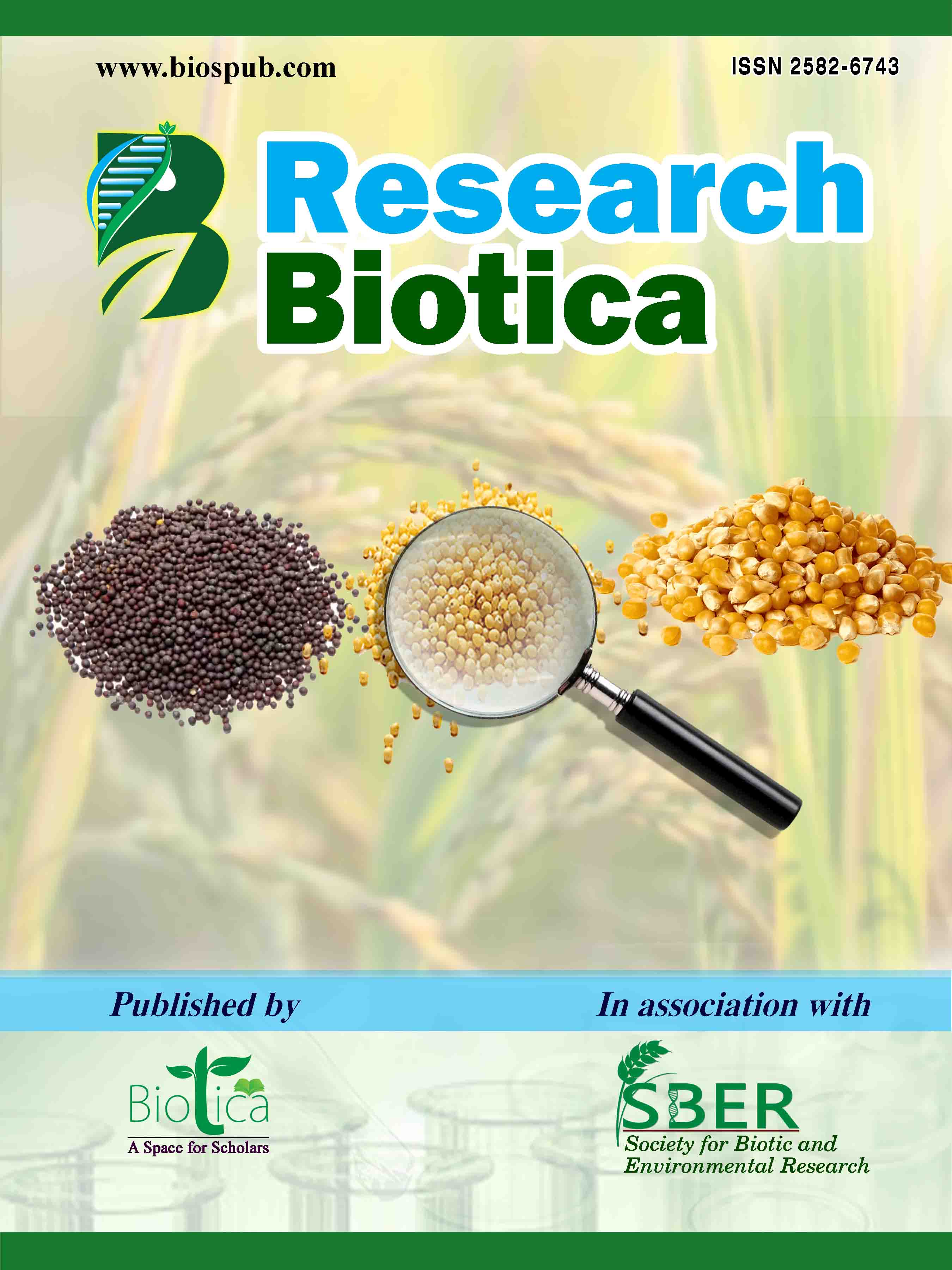Direct Seeded Rice - A Sustainable Solution for Rice Production
Keywords:
Direct seeded rice, Labour scarcity, Resource Conservation, SustainabilityAbstract
Puddled transplanted rice (PTR) is the conventional method of Rice (Oryza sativa) cultivation with repeated tillage followed by puddling operations which not only uses water intensively but also involve cumbersome and laborious process. Different problems like lowering water table, deteriorating soil health and scarcity of labour during critical periods driving towards an alternative and sustainable rice establishment and production system. Direct seeded rice (DSR) as a crop establishment method, is having all the features that are deficit in PTR. DSR is a technically and economically feasible, environmentally friendly alternative to conventional pumped and transplanted rice. It offers many advantages viz., it requires less water, saves labour, less drudgery, low production cost, early crop maturity, better soil physical conditions for following crops and has low greenhouse gas (GHG) potential with less methane emission. DSR provides the better option to be the best fit in different cropping systems across different climatic zones.









 |
|